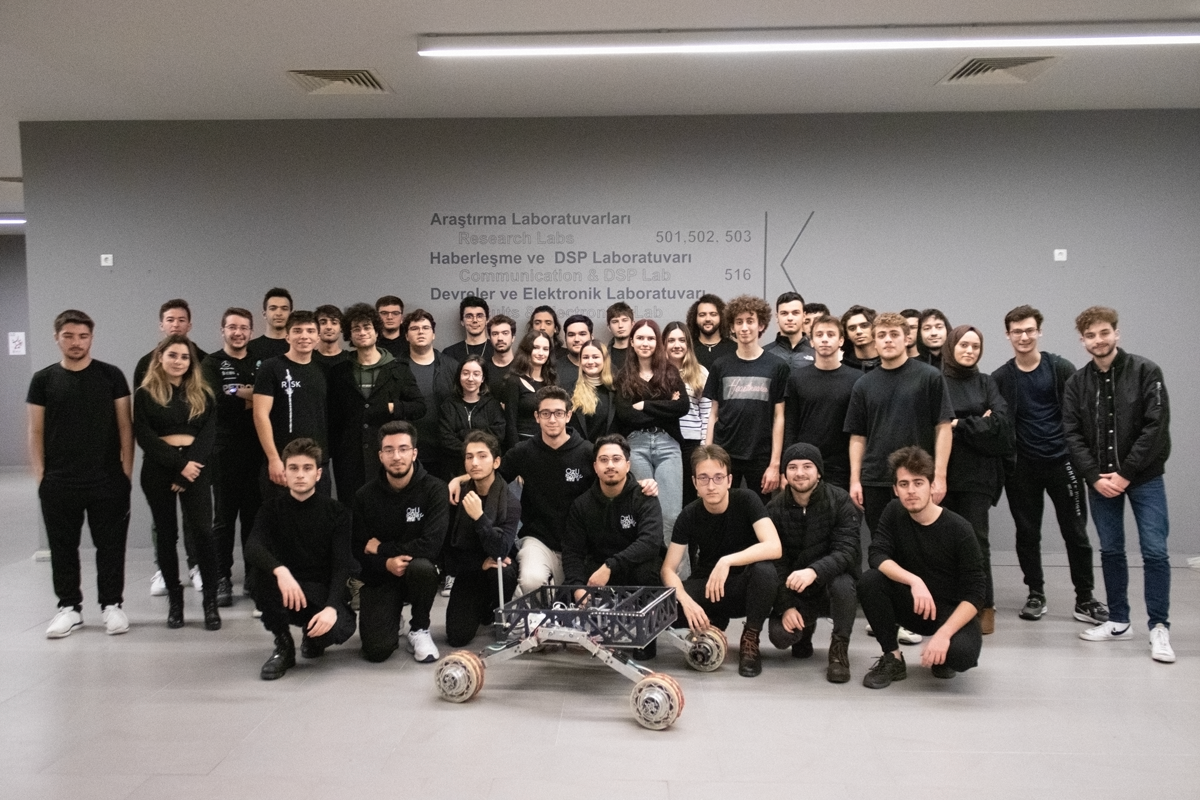 In November 2014, undergraduate students from Ozyegin University who are passionate about the field of robotics established OzU Rover Team under the advisement of Dr. Özkan Bebek, associate professor at Özyeğin University. Since then, the team pursues two main goals; preparing young engineers for their careers in space robotics by providing them with learning environments and opportunities throughout their undergraduate studies and participating in various engineering competitions to gain valuable insights to continuously improve their learning experiences.
In November 2014, undergraduate students from Ozyegin University who are passionate about the field of robotics established OzU Rover Team under the advisement of Dr. Özkan Bebek, associate professor at Özyeğin University. Since then, the team pursues two main goals; preparing young engineers for their careers in space robotics by providing them with learning environments and opportunities throughout their undergraduate studies and participating in various engineering competitions to gain valuable insights to continuously improve their learning experiences.
OzU Rover Team Hopes to Be A Source of Inspiration for New Mars Rovers
OzU Rover Team aims to develop innovative ideas and continuously improve its rover designs to be a source of inspiration for future Mars Rovers. To this end, the team continuously participates in international competitions to share its new designs. The development of each rover gives students opportunities to specialize in their respective fields. Additionally, future engineers learn how to work with students from different engineering disciplines within multi-disciplinary teams. Today, with their autonomous movement capabilities and strong structure that is designed to withstand harsh and hostile conditions, rovers continue to explore Mars.
Rovers were first used by the Soviet Union to explore the Moon’s surface. They were originally built as sample-collecting devices with a driving mechanism. Their structure may vary depending on the environment in which they are intended to operate.
The first intercollegiate rover competition was University Rover Challenge, which was organized by Mars Society in 2007. The objective of rover competitions is to allow students to design rovers with working principles similar to those actual rovers assisting astronauts in a space mission. European Rover Challenge is the biggest space and robotics open-air event in Europe. The challenge was first organized in 2014 by the European Space Foundation under the auspices of organizations including the European Space Agency (ESA).